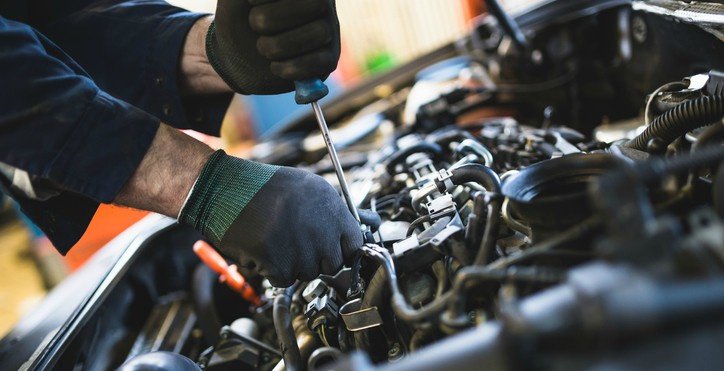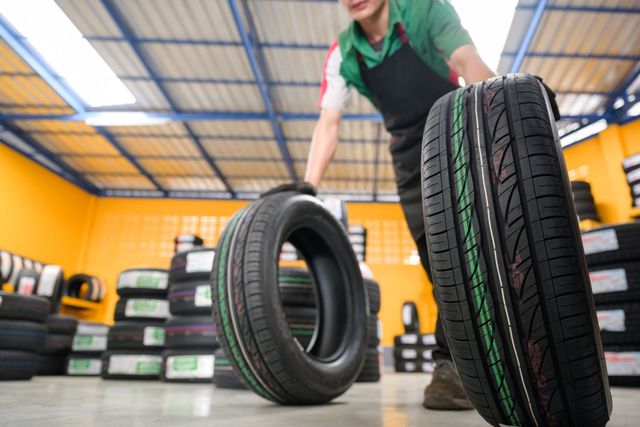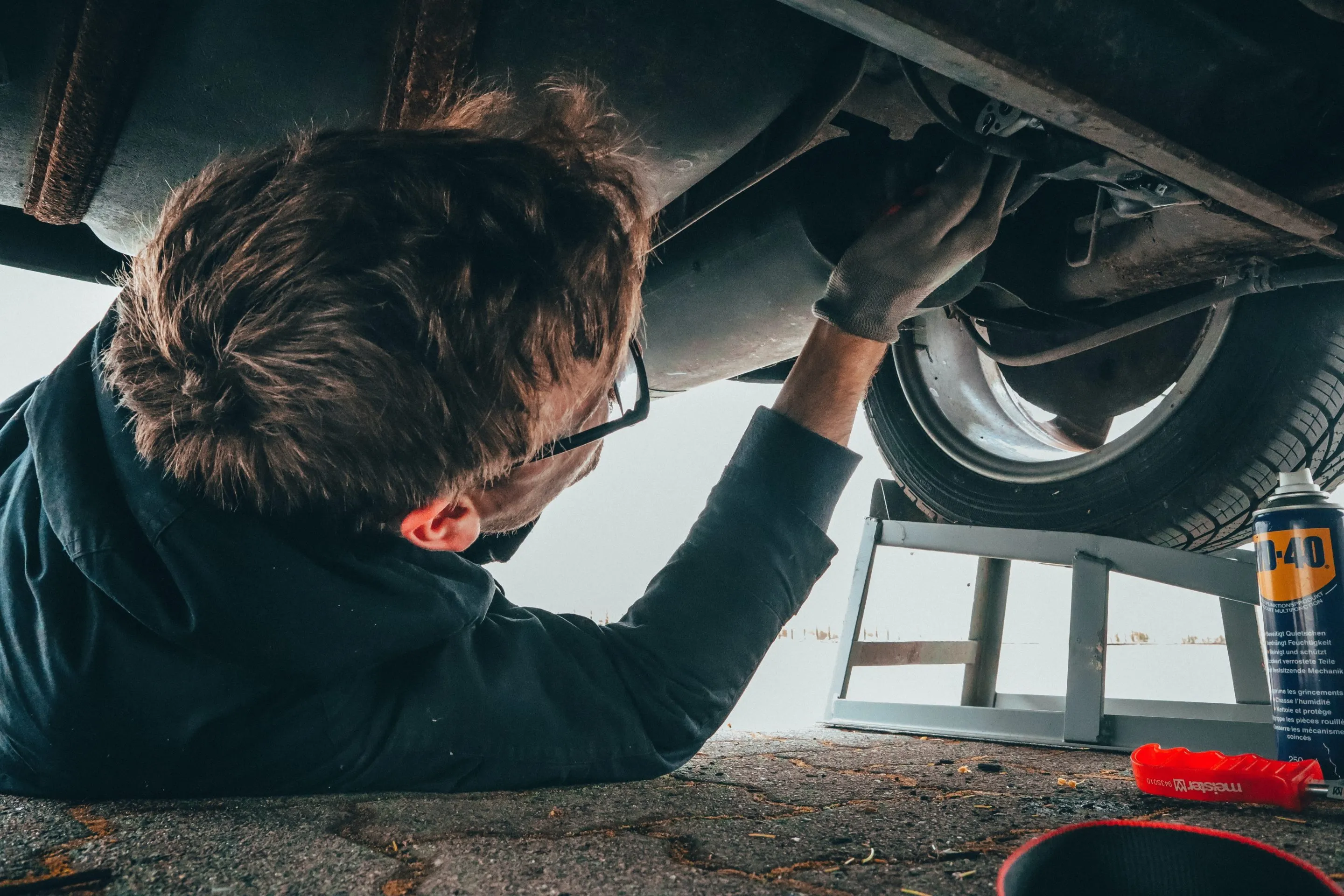Smart Auto Repair Tips And Tricks From Pros
 Wondering what to do when your car breaks down is a common theme for many. Repairs can be rather costly, and wrong moves can cost you even more. So, how are you going to handle your next repair? Would you rather not think about it? Instead, why don’t you learn something new and be able to handle everything correctly the next time around.
Wondering what to do when your car breaks down is a common theme for many. Repairs can be rather costly, and wrong moves can cost you even more. So, how are you going to handle your next repair? Would you rather not think about it? Instead, why don’t you learn something new and be able to handle everything correctly the next time around.
Buy a good battery charger to keep in the car. Dead batteries are a common problem, and you should always have a charger or cables on you at all times. The charger has special connecting points that you should be aware of when hooking it up to a car.
Be aware of all of the costs prior to handing your keys over to the mechanic. You want to make sure that you understand each and every charge, and if you do not then you need to clarify and ask questions before any work is done. You want to avoid being surprised with additional charges once the car is fixed.
When you are going to get your car repaired at a shop, ask the technician what type of parts they plan to use to get the job done. Many places use refurbished parts, but they would be willing to use new parts if you wanted to pay the extra money.
If you need to get your car fixed after an accident, you should contact your insurance to get a list of approved mechanics. Going to an approved mechanic means your insurance will cover some of your expenses. Besides, you are more likely to find a good certified mechanic if you go to a professional chosen by your insurance company.
If you need new tires, do not get used ones from a garage or a junk yard. Used tires are not a good choice since they might be worn thin or have already been patched. Brand new tires are expensive but they are a good investment and will help you remain safe.
It is possible to repair taillights and headlights that have burned out. It is easier on some vehicles than others, however no matter what type of vehicle you have it will be cheaper than hiring a mechanic for the job. See if someone you know can tell you how it’s done.
If your car needs body work, make sure you know what color paint you have on your vehicle. This information is important for the technician that works on your car. Also, your vehicle identification number is always something good to have on hand. In many cases, you will have to have it just to set up an appointment.
You can fix small dents with a suction cup dent puller. This usually works for very small dents that can easily be covered with the suction cup. If the cup does not work, you will have to apply some filler into the dent, sand and paint until it becomes invisible.
When it is time to bring your car in for work, think carefully about whether you want to go to the dealer or a local repairman. The dealer often knows the most about your particular type of vehicle, but they generally cost the most as a result. Weigh your options and go with what is right for you.
Competent repairs can be done elsewhere than at the dealership. There are many technicians that may be closer in proximity to your house. If you are more comfortable with one of them, by all means use them.
Consider how well kept an auto repair shop is when making your decisions. A sloppy shop can be a sign that the workmanship you’re about to receive will be pretty sloppy as well. Opt for the auto repair shop that keeps its floors and space clean of tools and rubble. It’s not a guarantee of great workmanship, but it’s a sure sign that your chances are better that you’ll receive the service levels you’d like.
Pay attention to any fluids that pool under you car when parked. Small spots may not mean very much, but take note of what the fluid is. Plain water is usually just condensation that builds up on a car naturally. But bright green or orange fluid is the cooling system. Oily fluids are those like engine oil, or transmission fluid. These are warning signs.
Do not worry if you find a puddle of water under your car. Puddles are usually caused by condensation from your air conditioning system. You should worry if you have not been using your air conditioning system or if you find puddles of water under your car on a regular basis.
Take the reins, and make sure you can usher in the best decision regarding your vehicle next time a problem occurs. Or, you can settle for the land of the lost if you are not certain on what to do next. Surely, if you read the article, you see the light.





/2024/12/17/1871975163.jpg)

